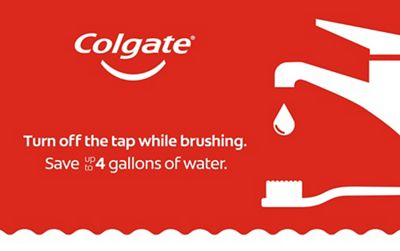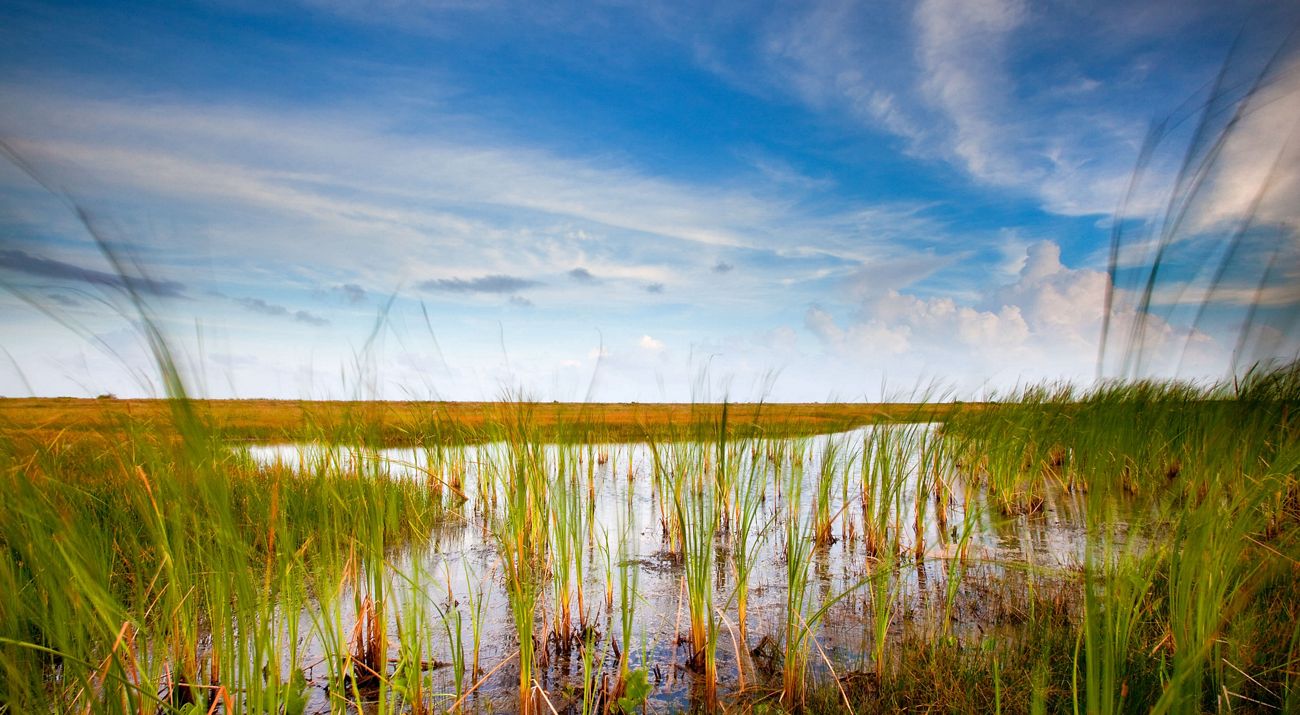People and nature need clean water to thrive, and access to it depends on protecting water at its source. Colgate-Palmolive has committed more than $700,000 to support The Nature Conservancy and our mission to protect and restore the health of rivers, lakes, wetlands and forests in the United States.
Partnering with key retailers, Colgate has launched retail promotions through its brands to help educate consumers about the importance of clean, accessible water and the actions consumers can take to help make a difference. Colgate is also raising awareness through television advertising and digital campaigns with their #EveryDropCounts campaign.

Did You Know?
- 70% of the world is covered by water, yet less than 1% is accessible and drinkable?
- The average American uses 100 gallons of water per day at home for cooking, drinking, bathing, washing and watering. On average, approximately 70% of that water is used indoors.
Every Drop Counts
Nearly three out of four Americans who were aware of Colgate's Every Drop Counts campaign said it influenced their personal actions with regards to saving water, and 58% said they turn off the faucet while brushing their teeth more often since hearing the message. Globally, the Colgate Every Drop Counts Campaign can lead to a potential reduction of 50 billion gallons of water per year!

As part of its Colgate Cares Day, Colgate has worked with the Conservancy to plant over 200 trees along the Paulins Kill River as part of Colgate Cares Day. Colgate employees learned more about water conservation and how tree plantings efforts like those within the Delaware River watershed (which is a major source of drinking water in New Jersey, New York, Pennsylvania and Delaware) can help keep local water sources clean and plentiful.


